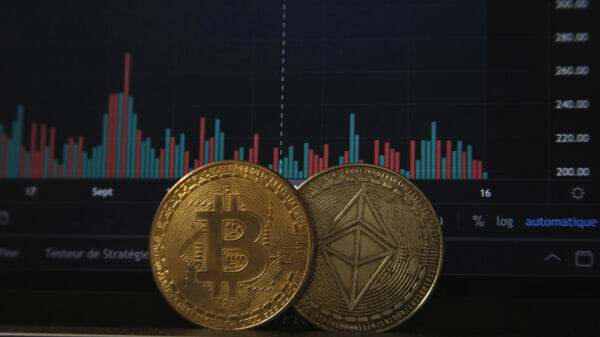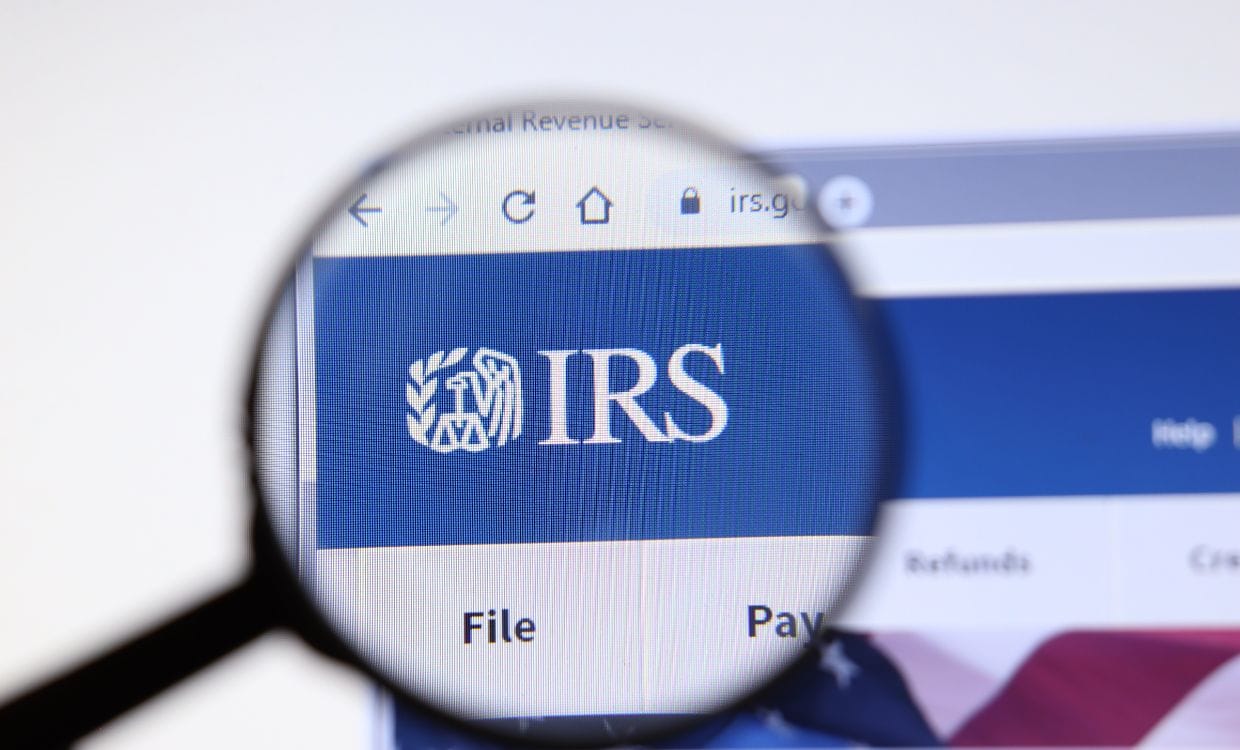The Internal Revenue Service (IRS) has announced the postponement of the implementation of the “$600 rule” for third-party payment platforms, such as PayPal, Venmo, or Cash App. Originally slated to take effect, the rule will now be implemented in the 2024 tax year, providing affected taxpayers with an additional year before the new reporting threshold comes into play.
Under the “$600 rule,” users of third-party payment platforms conducting business activities are required to report payments of at least $600. This reporting, deviating from the previous rule with a higher threshold, mandates third-party payment platforms to send eligible business account holders a Form 1099-K, disclosing the income.
It’s essential to understand that the IRS has consistently expected individuals to report all taxable income, including earnings from selling goods and services as a business. The Form 1099-K is a crucial reporting document, specifically designed for transactions made through third-party network transaction platforms like Venmo, Cash App, and PayPal.
While the previous rule set the threshold at earnings of at least $20,000 or 200 or more transactions, the “$600 rule” was initially intended to replace it at the end of the previous year. However, to facilitate a smooth transition, the reporting will continue under the old rule until December 31, 2023.
Starting next year, a new IRS rule will require anyone earning over $600 on payment apps, like Venmo, in 2023 to receive a 1099-K form. The old threshold was earning $20,000 over 200 transactions. pic.twitter.com/TaygGwFBep
— CBS Evening News (@CBSEveningNews) April 12, 2023
For the 2022 tax year, taxpayers will adhere to the guidelines of the previous IRS rule, receiving a 1099-K form if they earned at least $20,000 or conducted a minimum of 200 transactions. The implementation of tax forms triggered by the “$600 rule” is now scheduled for the following year.
This rule primarily impacts individuals engaged in side hustles, small businesses, or part-time work using business accounts on third-party payment platforms. Personal transactions, such as transferring money for restaurant bills or vacations without a business account, do not fall under the purview of this rule.
It’s crucial to note that even if earnings fall below the 1099-K threshold, individuals are still obligated to report their taxable income. Business owners and others with income not subject to upfront taxation are advised to set aside approximately 20% of their earnings for tax purposes, ensuring financial preparedness.
The decision to postpone the “$600 rule” acknowledges concerns about unexpected 1099-K forms and provides taxpayers more time to understand and comply with the new reporting thresholds. It also addresses the need for taxpayers to differentiate personal and business payments effectively.
As tax season approaches, individuals are encouraged to avoid last-minute preparations and seek guidance from tax professionals or utilize user-friendly platforms like TurboTax for a smoother filing process.
Image Source: Postmodern Studio @ShutterStock













































